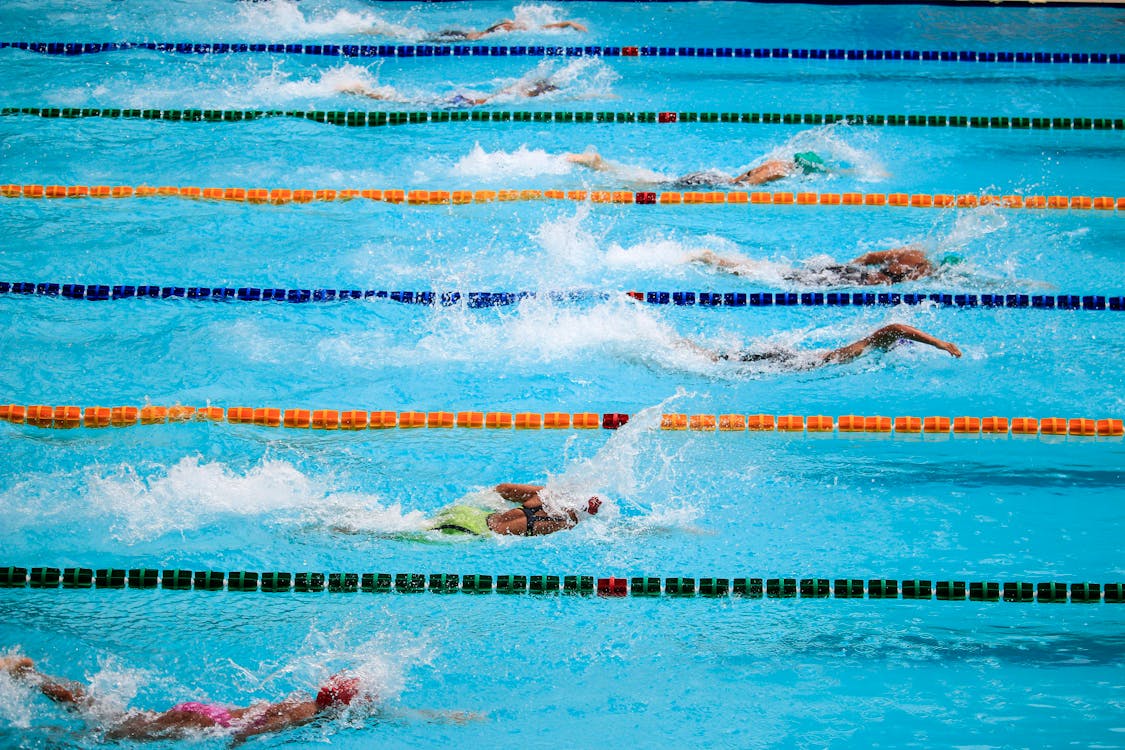
The 2024 Paris Olympics is seeing action not just from world-class athletes but also from artificial intelligence (AI) as the International Olympic Committee (IOC) has integrated automated technology in some aspects of the Games.
Apart from breakdancing, AI debuted in this year’s Olympics as part of the Olympic AI Agenda announced in April 2024, which set out to explore the application of AI in the field of sport.
The IOC has partnered with multiple tech companies, including Alibaba, Deloitte, Intel, and OMEGA, along with Media Rights-Holders Warner Bros., Discovery, and NBC, to enable AI to assist in cybersecurity, talent identification, sustainability, and broadcasting.
“We will see some pioneering concepts at Paris 2024. We are taking a measured approach for now, to test and evaluate how AI can be used to enhance the Olympic Games and have them future-ready,” said IOC’s Chief Technology Officer Ilario Corna.
AI for Present and Future Olympians
Paris 2024 has gone down in history as the first to use an AI-powered monitoring service to protect athletes and officials from cyber abuse. According to IOC, thousands of accounts across major social media and over 35 languages are being supervised to identify and flag abusive content for intervention.
Moreover, a new chat service available on Athlete365 can be tested by Olympians to access quick answers to Frequently Asked Questions about social media guidelines, anti-doping rules, and Rule 50 regulations, Corna added.
AI also seeks to connect with potential athletes outside the Olympic Village. IOC has revealed that its AI systems could spot talented individuals and help transform them into international players.
“AI is also opening up new ways for talent identification, and this project will be launched by us globally in 2025 to live up to the commitment we made that AI in sport must be accessible to everybody,” stated IOC President Thomas Bach.
Personalized training, affordable coaching, injury prevention, and rehabilitation are other services that can further be expected from the use of automated technology.
AI for Better Broadcasting
The Olympic Broadcasting Services (OBS) in Paris 2024 has also partnered with Alibaba to use AI to provide multi-camera replay systems and high-quality reconstruction in the cloud.
OBS Chief Executive Yiannis Exarchos elaborated that the partnership with the Chinese tech company also allows for creating three-dimensional models and mapping additional viewpoints across 21 sports and disciplines to deliver more compelling replays from various camera angles.
Similarly, OMEGA, the official timekeeper in this year’s Olympics, has turned to AI services to offer faster, more relevant, and insightful data during the Games, particularly in diving, athletics, and artistic gymnastics.
Intel has joined the AI party, too, introducing Automatic Highlights Generation which has given worldwide audiences a better viewing experience. The technology automatically transforms key moments from 14 sports into highlights reels that are uploaded on social media by Media Rights-Holders.
In the groundbreaking Opening Ceremony on the River Seine, Samsung also displayed its high-tech services, equipping each country’s boat with Galaxy S24 Ultra smartphones for sharing onboard footage via an exclusive 5G network from Orange.
AI for Increased Efficiency
As part of its Olympic AI Agenda, the IOC has leveraged AI to plan the next Olympics, monitoring and collecting data from current and previous Games installations to increase efficiency and sustainability while reducing costs.
“We started gathering various operational data as far back as 2020, to look at how we can make the management of the Olympic Games more efficient,” explained Corna.
Together with Intel, the committee has worked on constructing digital twins of venues to remotely determine areas that need power and cameras, along with those that might have accessibility issues.
More than 2,000 tech experts are currently working to ensure that Paris 2024 remains fully connected, secure, and digitally enabled.



![Best AI Dating Apps for [current_date format=Y]: Top AI Chatbots & Romance Tools 4 AI dating apps](https://www.greenbot.com/wp-content/uploads/2025/03/AI-dating-apps-150x150.png)
















